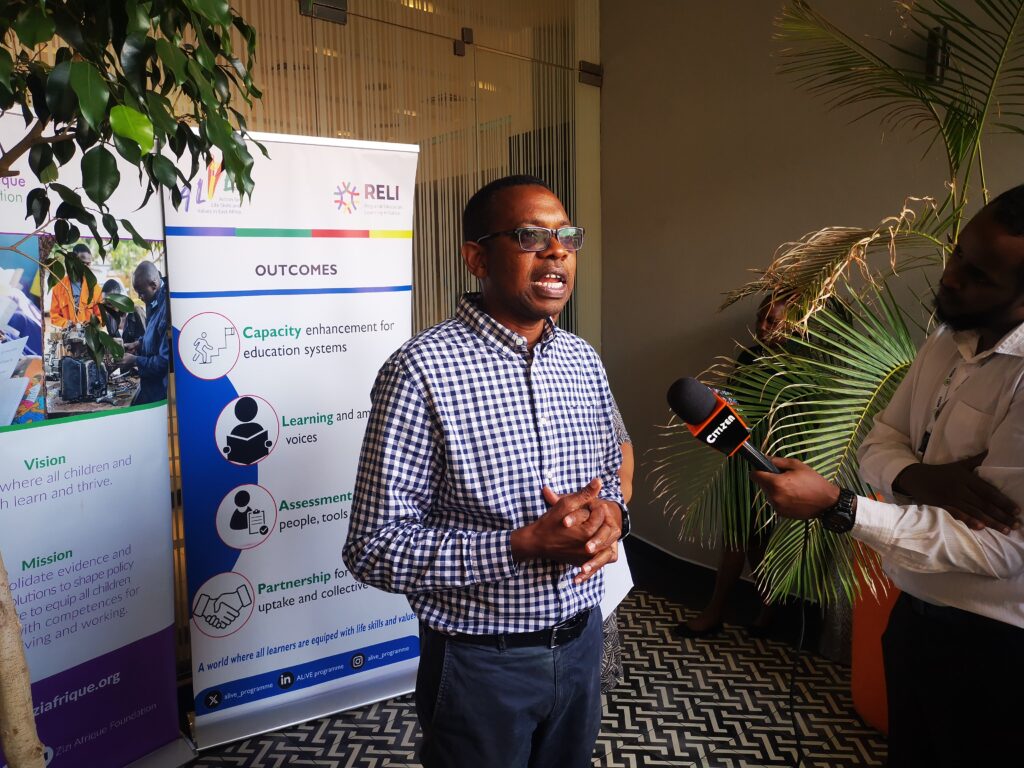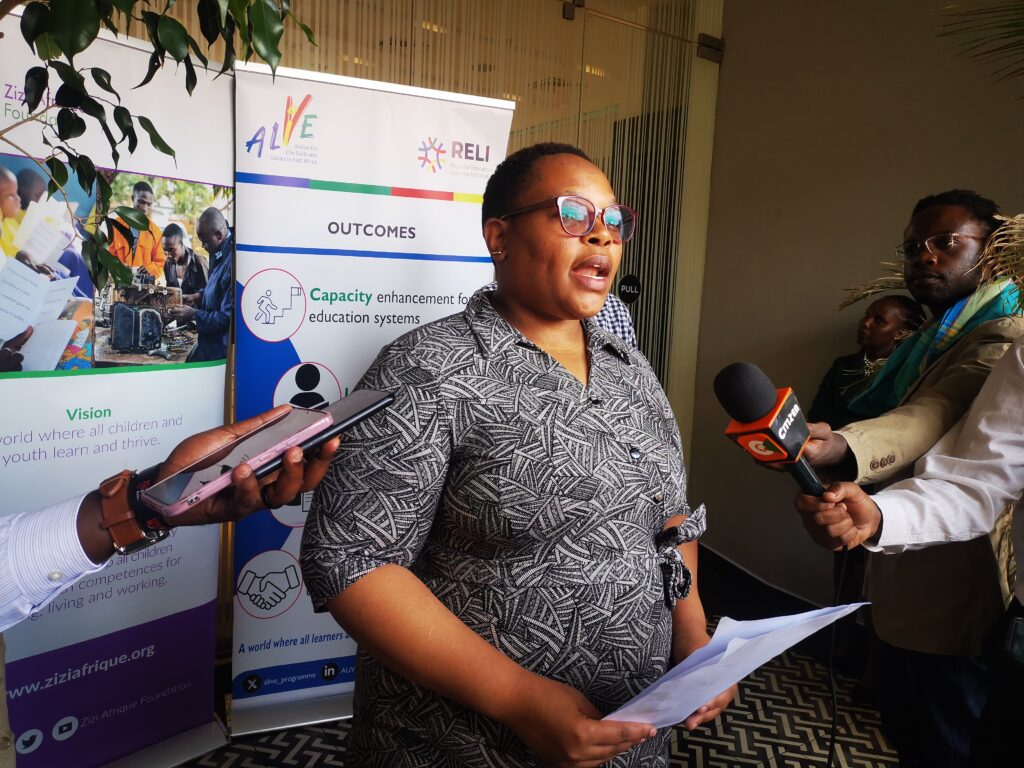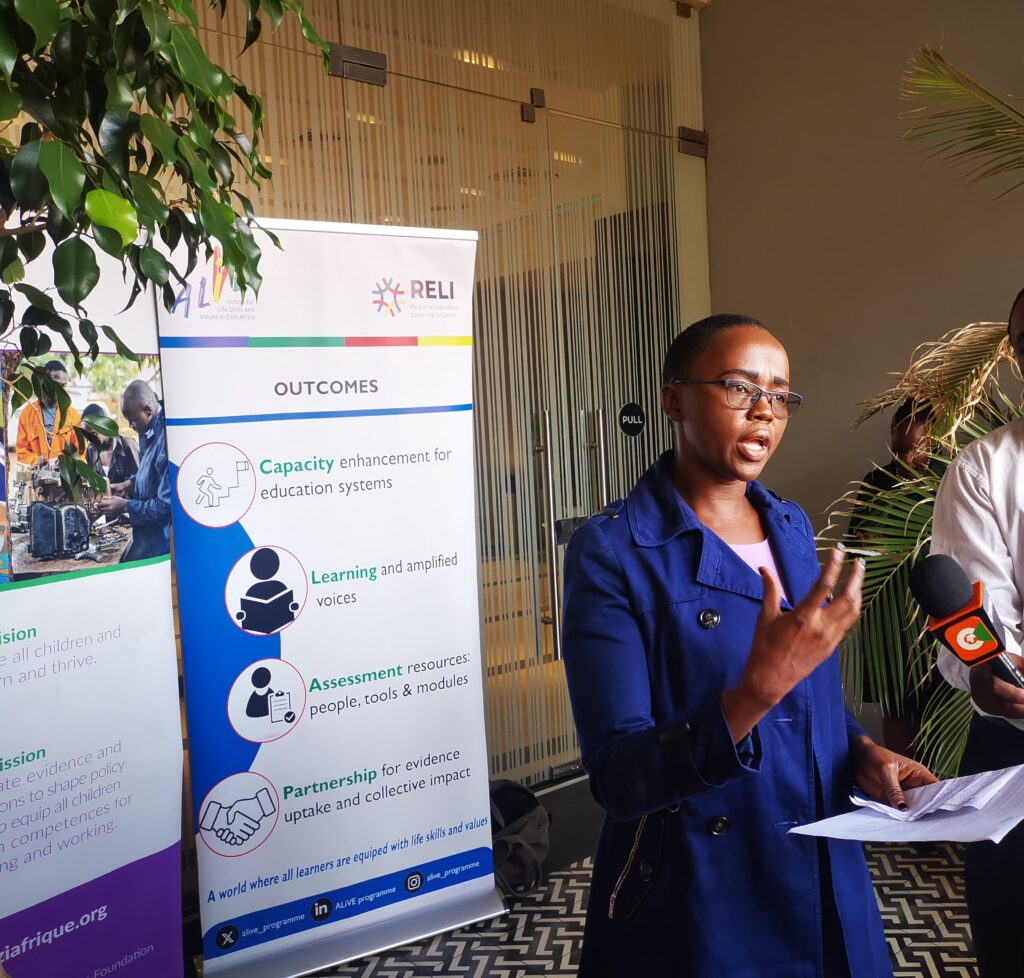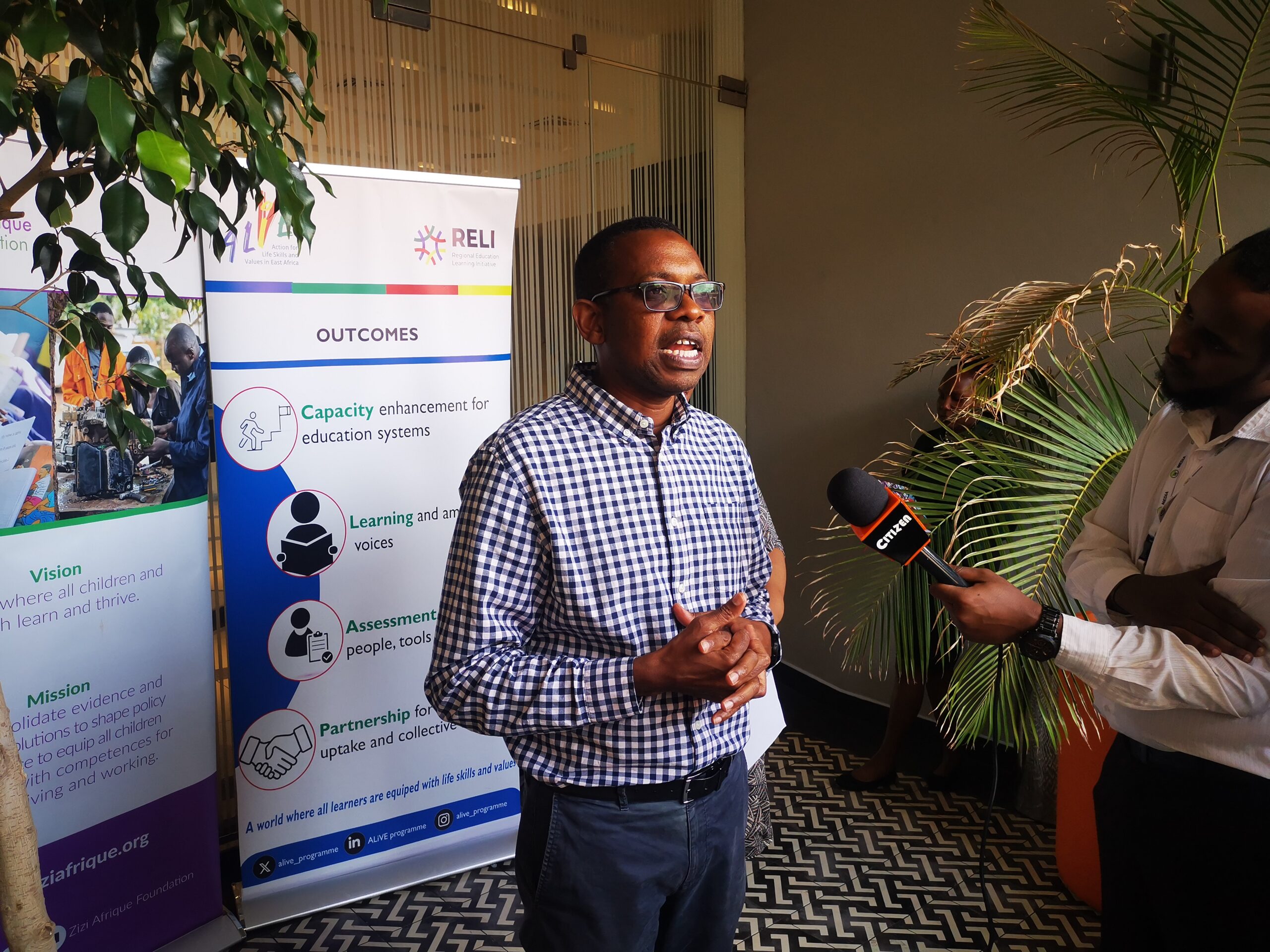
Nairobi, February 28, 2024 -In response to the AU’s call for Collective action for quality, inclusive, and lifelong learning, East African governments, notably Kenya, Uganda, and Tanzania, are swiftly adopting competency-based education systems (CBC). In Kenya, this translates to a focus on nurturing learners’ competencies alongside vital life skills and values. However, recent assessments have revealed a concerning gap: less than 10% of adolescents demonstrate proficiency in essential skills like self-awareness, collaboration, and problem-solving, as well as core values.
To address this gap, the Action for Life Skills and Values in East Africa (ALIVE) initiative, led by the Regional Learning Initiative (RELIAfrica), has arisen to address this. ALIVE envisions empowering the current generation of learners with the necessary competencies to thrive in the complexities of the 21st century. Through a collaborative effort spanning Kenya, Uganda, Tanzania, and Zanzibar, ALIVE aims to inform regional policies within the East African Community while contributing to global knowledge on measuring life skills and values.
Speaking to the media at an event organized by Zizi Afrique Foundation, ALiVE & RELI Africa, Mr. John Mugo director of Zizi Africa said it’s first time in history for the African Union to recognize that education is central for human capital development across the continent and that Africa cannot develop unless it gets its education right.

At the same time, Margaret Wawira, the acting CEO and head of Secretariat at the Regional Educational Learning Initiative Africa RELI said that there is need for governments to come together and galvanize countries to work towards educating a child that is fit for the 21st century.
At the forefront of ALIVE’s efforts is the development of contextualized assessment tools designed for learners aged 6 to 17. These tools, crafted through a learning-by-doing approach, aim to integrate life skills and values seamlessly into the education journey. Moreover, ALIVE is actively influencing teacher training approaches to ensure educators are equipped to impart these essential skills.
In a recent milestone, ALIVE conducted a pilot of its assessment tools in three schools across Kenya: Kamihindu, Ngurubani, and Westlands primary schools. This pilot, held on February 27, 2024, marks a crucial step in refining the assessment framework before a national rollout later in the year. The insights gleaned from this pilot will shape the future of education assessment in the region.

Acknowledging the dedication of educators, ALIVE recognizes the invaluable role teachers play in shaping the future of education. Through practical learning sessions and collaboration with experts like Prof. Esther Care, teachers have been empowered to co-create assessment tools tailored to the needs of their learners. ALIVE emphasizes the importance of continuous collaboration between educators and stakeholders to ensure the effective integration of life skills and values into the curriculum.
Further, ALIVE has invited educators and schools across Kenya to embrace and adapt its tools, fostering a culture of continuous improvement in education. To further engage stakeholders, ALIVE has organized a virtual learning session scheduled for Wednesday afternoon, offering an opportunity to assess the progress of East African education systems in embedding life skills and values.
As we navigate the AU’s Year of Education, initiatives like ALIVE serve as beacons of hope, illuminating the path towards a future where every African learner is equipped to thrive in the 21st century.
Reporting by James Mutua
